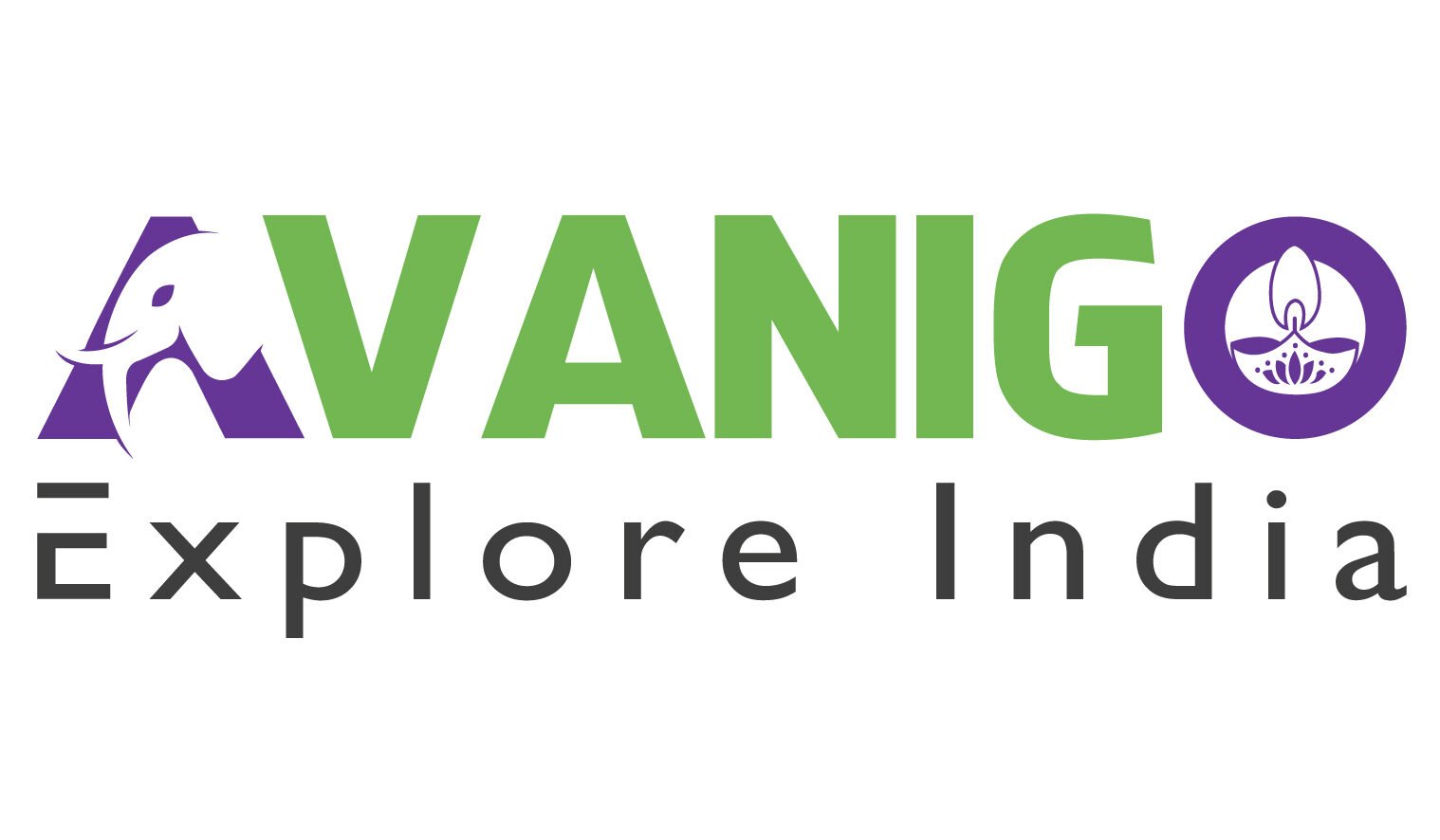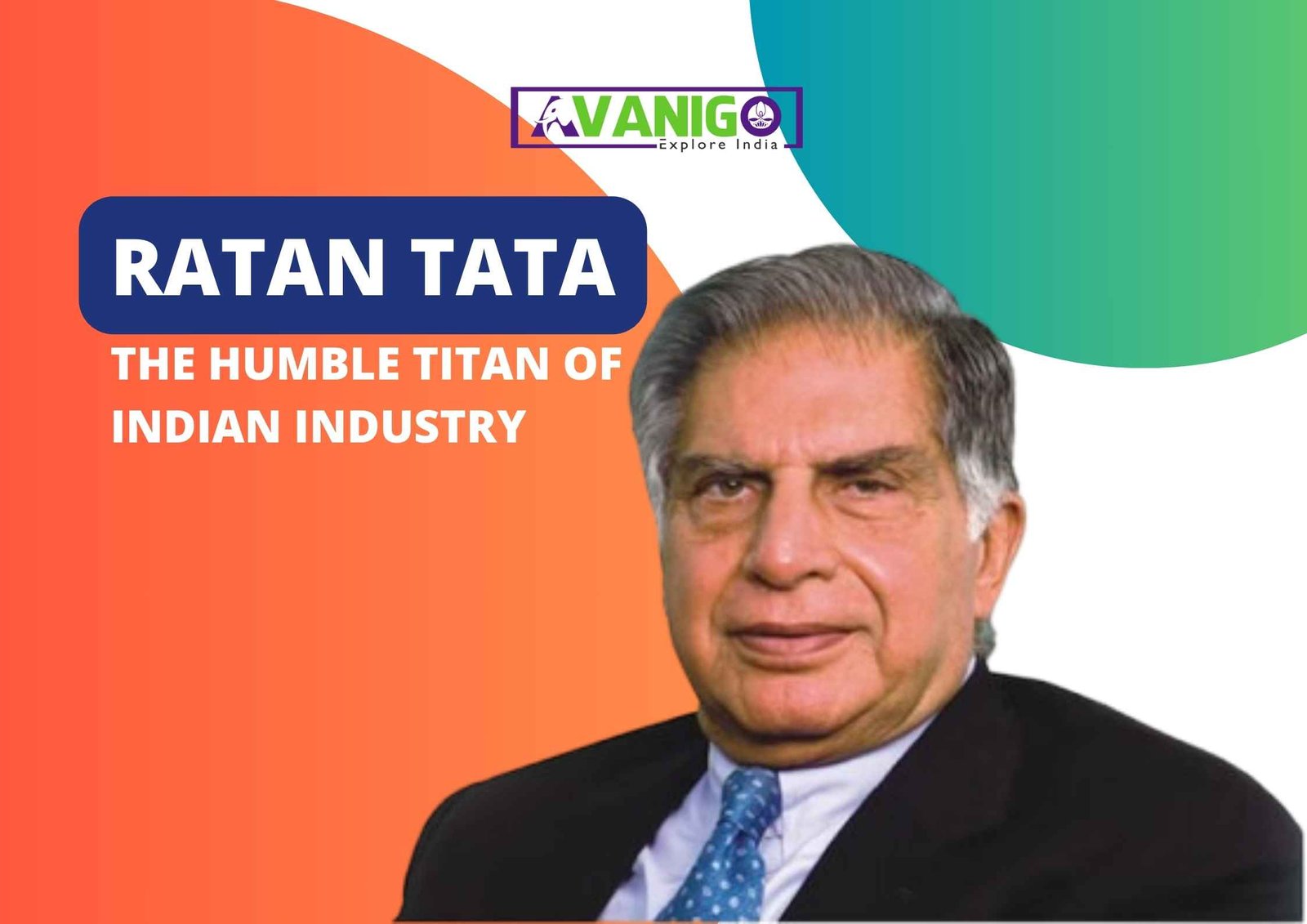Ratan Naval Tata remains one of India’s most well-known and appreciated business icons. He was born into an affluent family in 1937 and has been the chairman of one of the leading business empires in India, Tata Group, for more than twenty years. But behind the tremendous achievement of Ratan Tata India was a humble, kind man with a social vision who aimed to make a difference in people’s lives. In this article, let’s try to follow the history of this remarkable man who did a lot for the Indian economy.
Quick Navigation
The Tata Legacy
Tata’s origins can be traced back to Jamsetji Tata, a well-known Parsi industrialist who established the Tata Group in 1868. Jamsetji started as a trading concern, but within his leadership, Jamsetji turned into a widespread business empire. He pioneered the first steel plant and hydroelectric power project of considerable scale in India and laid down numerous charities and foundations that still operate today.
In 1938, JRD Tata, Ratan’s uncle, took the company’s reins and expanded it into other lines of business, such as aviation, chemicals, and hotels. By the time Ratan Tata India took up the position in 1991, the Tatas were already an integral part of the Indian industrialization story.
Ratan Tata India: Early Life and Education
Ratan Tata stands top in the list of famous industrialists of India. He was born in Mumbai on 28th of December, 1937. Ratan Tata full name is Ratan Naval Tata. The business ran in the family. His great-grandfather Jamsetji Tata, the father of the Tata Group, began operations in 1868. Ratan Tata’s father was Naval Tata, who worked in the Tata Group, and Ratan Tata mother was Soonoo.
Unfortunately, when Ratan was still a little boy of 10 years, his parents parted ways. After that, he lived with his grandmother, Navajbai Tata. His grandmother played a significant role in his upbringing.
Ratan attended school in Mumbai and studied abroad in the USA for some time. He excelled in his studies and was inclined to paint and make architectural designs. In 1962, Ratan graduated in architecture from Cornell University based in the USA.
Later, Ratan took a short course in Jamshedpur and later got to work for some Tata Companies, including TCS and Tata Steel. 1971, he was appointed head of Nelco, Tata’s electronics firm.
Ratan Tata India: Chairman of the Tatas
In 1981, Ratan became Tata Industries’s chairman and the Tata Group’s deputy chairman. Ten years after Ratan became the head of the group, JRD Tata passed it on to him in 1991. Naturally, he had come into big shoes like his uncle, so there was resistance at first, but he conquered the odds and emerged as a leader, his leadership becoming a source of strength. History has further shown that Tata has also been able to lead the business through innovative strategic acquisitions and investment. As per market reports, Ratan Tata net worth as of 2024 is Rs.3800 crore. Noted few:
- 2000: For $431 million, Tata acquired a UK-based Tetley Tea brand, the first ever significant foreign acquisition made by Tata.
- 2004: Tata Motors acquires South Korea’s Daewoo Commercial Vehicles for $102 million.
- 2007: Tata Steel acquires Anglo-Dutch firm Corus Group for $11.3 billion in Europe’s largest transnational deal.
- 2008: A significant coup, Tata Motors buys British brands Jaguar and Land Rover from Ford for $2.3 billion.
Tata was the main driving force behind the Tata Nano project, which was to create the most affordable car in the world for ordinary Indians. It was introduced in 2009 with a price tag of merely 1Lakh Rupees. However, it later discontinued production due to non-viability.
Stepping Down and Brief Return of Ratan Tata India
After 21 years as chairman, Ratan retired as Tata Group chairman in December 2012 at 75. It is worth mentioning that in October 2016, he once again appeared in the news, this time as an interim chairman after a coup that removed his successor, Cyrus Mistry. He officially stepped down in January 2017 after the appointment of N Chandrasekaran as the new chairman. His term in office was characterized by changing the outlook of Tata Group on various global issues while fulfilling India’s current indomitable needs.
Philanthropic Endeavors
Out of Ratan Tata net worth of 3800 crore Indian rupees, most of his earnings went to philanthropy. The blood of the Ratan Tatas was suffused with philanthropy. A few such highlighted projects are :
- Creating cancer research facilities like The Advanced Centre for Treatment, Research and Education in Cancer.
- Funding missions in MIT, Harvard, Cornell UCSD, and the University of California, San Diego.
- Creating an endowment for an executive centre, fellowships, and visiting professorships in Ethical B-school.
- Deploy hospitals medical schools, and fund development in India’s backward regions of rural poverty.
- Has been involved in active projects on renewable energy, water resources and livelihood development.
- Tata Center for Technology and Design (TCTD) was established in IIT Bombay in 2014.
Ratan Tata’s Love for Dogs and Animal Welfare
Ratan, who has a soft spot for animals, adopted numerous stray dogs in the house. One of them, whom he brought from Goa, was the most cherished pet and belonged to a dog named Goa. In 2018, Ratan put off a trip to Buckingham Palace as Gua was not in good health. Besides, he ensured stray dogs were provided with kennels, walked around the Tata headquarters without restrictions, and ensured no one harmed them.
In his last days of life, Ratan started a project to construct a multi-specialty animal hospital in Mumbai. Fully operational in 2024, the institution aimed to provide emergency veterinary services around the clock for all animals without questioning how much the pet owner could afford. It included even the funding of programs executed by organizations engaged in animal welfare, which tried to resolve issues of street dog populations in India more humanely through methods such as sterilization campaigns.
Awards and Global Recognition
Ratan was awarded the Padma Vibhushan, the second-highest civilian award in India, 2008 for his immense contribution to the industrial sector. Before this, in 2000, he was bestowed Padma Bhushan. Apart from this, Ratan has also been awarded honorary doctorate degrees from some eminent universities across the globe, which include:
- International accolades include the Medal of the Oriental Republic of Uruguay in 2004, issued by the Uruguay government.
- Queen Elizabeth II awarded an Honorary KBE to promote trade relations between India and the United Kingdom in 2009.
- Some years later, in 2012, Japan gave him the Grand Cordon of the Order of the Rising Sun to advance economic engagements.
- In 2014, he was awarded with GBE Honorific from Her Majesty the Queen.
- In 2016, the French government appointed him Commander of the Legion of Honor.
- In 2023, He was also appointed Honorary Officer of the Order of Australia by the Governor-General.
Post-Retirement Years
In 2012, the head of the Tata Group, Ratan Tata, left his executive post on becoming 75 years old. However, he continued to advise the Group, holding the honorary title of chairman emeritus.
After stepping down, he helped more than 30 startups, even funding some through his investment firm. Ola Cabs, Snapdeal, and Paytm, among others, are a few startups he has invested in through intermediaries.
Unfortunately, in the year 2024, Ratan Tata had to be admitted to the hospital due to complications with his breathing. He died on October 9, 2024, in Mumbai from old age ailments at the age of 86. His demise was a significant loss to the country as Ratan was an exemplary business statesman with a big philanthropic heart.
Passing The Legacy
The saga of Ratan Tata is genuinely inspirational, for it demonstrates how diligence, commitment and ability can bring one from humble beginnings to transform a whole business empire and change many people’s lives globally. How Rata Tata India led the company has made The Tata Group a name to reckon with in the world, if not the most, most respected.
Besides, he was a well-known philanthropist who channelled his money and time for various good causes. Ratan Tata India showed that with vision and values to guide one, even the sky is not the limit. His memory transcends mere time and will continue to encourage many generations in the future.
Swetha is a Content Specialist, LinkedIn Branding and B2B Marketing Consultant. When she is not in the world of B2B, she researches the roots and beauty of Indian Culture and Traditions. She is the author of the book: 365 Days 365 Posts – The Guide to LinkedIn Personal Branding, available exclusively on Amazon. Connect with her on LinkedIn.

